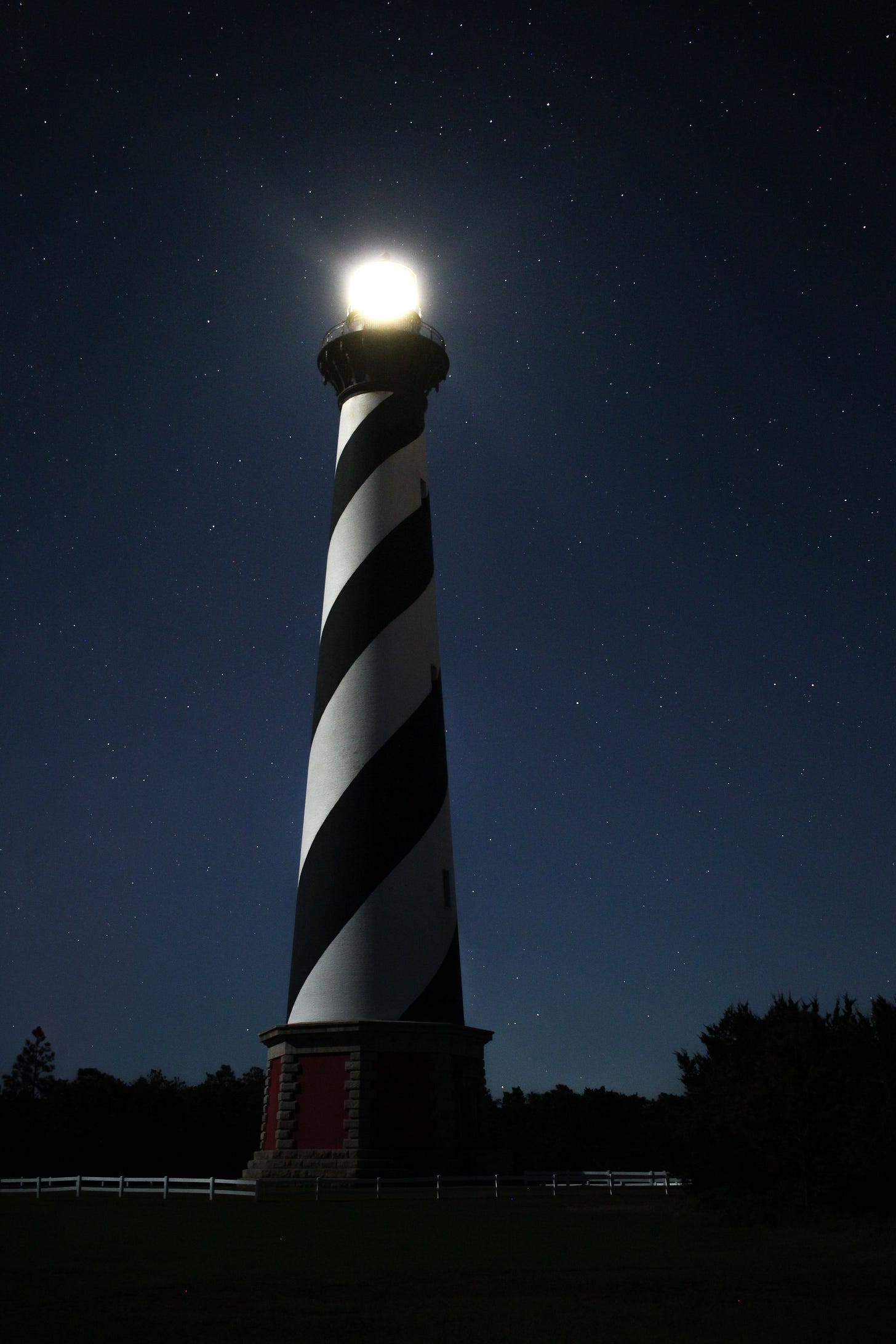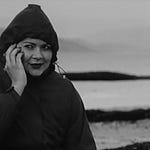My journey south as a newspaperman began in Baltimore
where I kept wondering who the hell was this guy Danny
Ocean who was always mentioned whent there was talk about
weekends on the coast. Turned out my new neighbors and
colleagues were saying ”down to the ocean.”
I was working for the great Baltimore Sun where H.L.
Mencken once caused its trucks to be
overturned and burned on the Eastern Shore when he
suggested in a column that it would be a good idea to saw
that part of Maryland off and let it drift out to sea.
He had insulted Maryland’s most Confederate body part.
Not that Baltimore didn’t wave the Stars and Bars with
considerable fervor in its time.
My journey continued to Winston-Salem, North Carolina,
where I was to meet my beloved and now departed wife, Marilyn. In that fine
city Wake Forest University, once located in
the state’s conservative tidewater, was said to have walked
a mile for a camel, meaning that R.J. Reynolds
Corporation, that powerhouse tobacco conglomerate, had lured the
university to Winston-Salem. RJR’s most famous advertisement featured
two good-looking young people saying, I’d walk a mile for a camel.
Camels were RJR’s premium brand before Winstons.
There were many things for an open-minded Yankee to
marvel at in the Piedmont, but my instant fascination was
with the sound of speech. Within a few days I became an
ardent auditor of the Rev. Billy Graham’s deeply moving
sermons. I cocked an ear to the dominance of the e-sound
in Piedmont speech—Billy, Bobby, Annie Lee, Jamie. I
quickly grasped that my neighbors were not
mispronouncing my nickname, Del, when they said Dale,
they were simply pronouncing it their way. I noticed how
darling became darlin’.
I didn’t miss the austerity of New England speech, the
church-tower pointedness of it compared to Southern musicality. I
wanted to sound like Billy Graham or Marilyn, just as in the
Navy I’d wanted to sound like the Geordies I’d heard in
Newcastle, just as in the Lower East Side I’d wanted to
sound like Yiddish speakers and Sicilians speaking
English.
I had a good ear, although it didn’t help me learn
foreign languages. I studied French for eight years
without becoming conversant.
In the Journal & Sentinel’s composing room the
compositors, who knew my union sympathies and helped
me immensely as an editor, began making me repeat
myself when they heard a southernism in my speech.
I quickly became used to cashiers and clerks calling me
dear, just as I’d loved Canadians calling me dear heart.
Southern speech takes the edge off English. It interjects
its own intonations. The lovely name Inez sounds something like
mayonnaise. Some of the formulations are incomparable,
literally. There is no way to explain, for example, the
usefulness of ”not hardly” in Southern speech. It says it all
and then some in certain situations.
To this day, mostly in honor of Marilyn, I retain certain
Southern speech patterns and sounds. As a poet I
understood their usefulness on first encounter, and I was
reminded of this when reading James Dickey’s poetry for
the first time. I grasped how Billy Graham, wanting to
reach far beyond the South with his message, had
modulated his North Carolina speech, attuning it subtly to
what might be called the Ohio flatness of TV
moderators. He was a Southerner through and through,
but he didn’t want to come across as a professional
Southerner. He sought and found a universality in his
speech that resonated throughout the land in the same
way a Yiddish comedian might have adjusted his delivery
to standard English.
When I arrived in Winston-Salem I knew nothing of its
neighborhoods and sub-cultures. I soon found my
newsroom peers in consternation about my taking up
residence among truck drivers who had come in from rural
places like Eden and Spray to find work at Hennis,
RJR, Roadway and McLean., big trucking companies.
They were great neighbors
and I soon found myself listening to Billy Graham with
some of them, chatting amiably about the great disparities
between the New Testament and the way we actually live
and interact. My professional colleagues were dismayed
and a bit disconcerted. I was thrilled by rural accents I
hadn’t heard before.
The experience reminded me of my first encounter as a
sailor with country music. When I heard Hank Williams Sr.
and Patsy Cline I could not for the life of me fathom why
they were not considered integral to our poetic canon. I
feel that way today about Taylor Swift and other popular
singer-songwriters.
It‘s considerations like these that prompt me to criticize a
press that would have us believe fat cats and
politicians are the news of our society, not the way we
sound, the way we speak, the way we interact, the way we
day to day show the press and the politicians how a
democracy ought to function compared to the stupid
gladiatorial spectacle they’re laying on us.














Share this post